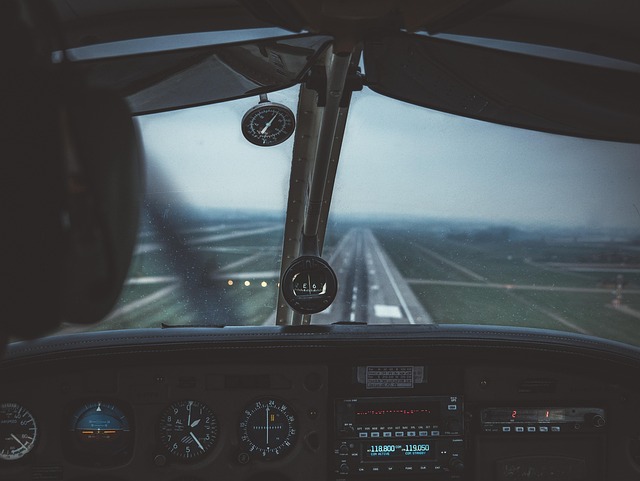Essential Skills for Success in Aviation Training Programs
Strong communication skills are a cornerstone of success in aviation. Whether it involves relaying critical information during a flight, coordinating with ground staff, or collaborating with fellow aviation professionals, effective communication is vital. Being able to articulate thoughts clearly and listen actively can prevent misunderstandings that could lead to safety issues. Additionally, pilots and crew must often communicate under pressure, making the ability to remain calm and composed while conveying information crucial. Communication skills extend beyond verbal exchanges; understanding and using non-verbal cues is equally important in ensuring clear and concise interactions among team members.

What Technical Skills Are Required for Aviation Training?
Technical proficiency forms the foundation of aviation training. Students must develop strong mathematical and physics knowledge to understand aerodynamics, navigation systems, and aircraft operations. Familiarity with complex instruments, ability to read and interpret technical manuals, and understanding of aviation regulations are crucial. Computer literacy is equally important, as modern aircraft rely heavily on digital systems and software interfaces.
How Important Are Communication Skills in Aviation?
Strong communication skills are fundamental in aviation training. Clear verbal and written communication ensures safety and efficiency in all aviation operations. Students must master aviation terminology, radio communication protocols, and the ability to convey critical information precisely. Non-native English speakers should prioritize aviation English proficiency, as it’s the international language of aviation.
What Role Does Problem-Solving Play in Aviation Training?
Problem-solving abilities are essential for handling both routine operations and emergency situations. Aviation training programs emphasize critical thinking, quick decision-making, and the ability to remain calm under pressure. Students must learn to analyze complex situations, evaluate multiple solutions, and implement appropriate responses while following established protocols.
Which Physical and Mental Attributes Support Success?
Aviation training requires specific physical and mental attributes. Good spatial awareness, hand-eye coordination, and multitasking abilities are crucial. Mental resilience, stress management, and the capacity to maintain focus during long periods are equally important. Regular physical fitness and proper rest habits contribute significantly to training success.
How Does Teamwork Factor into Aviation Training?
The aviation industry operates on collaborative principles. Students must develop strong teamwork skills, including the ability to work effectively in diverse crews, follow leadership directives, and contribute to team objectives. Understanding crew resource management (CRM) principles and developing interpersonal skills are vital components of aviation training.
What Are the Current Training Programs and Costs in the USA?
Aviation training programs vary in duration, requirements, and cost structure. Here’s a comparison of common training paths:
| Program Type | Duration | Estimated Cost Range |
|---|---|---|
| Private Pilot License | 3-6 months | $10,000 - $15,000 |
| Commercial Pilot Training | 12-18 months | $50,000 - $70,000 |
| ATP Certification | 18-24 months | $80,000 - $100,000 |
| Aircraft Maintenance Training | 18-24 months | $20,000 - $35,000 |
Prices, rates, or cost estimates mentioned in this article are based on the latest available information but may change over time. Independent research is advised before making financial decisions.
Success in aviation training requires a balanced combination of technical expertise, personal qualities, and dedicated commitment. While the journey demands significant investment of time and resources, developing these essential skills creates a strong foundation for a rewarding aviation career. Continuous learning and adaptation to evolving industry standards remain crucial throughout one’s aviation journey.




